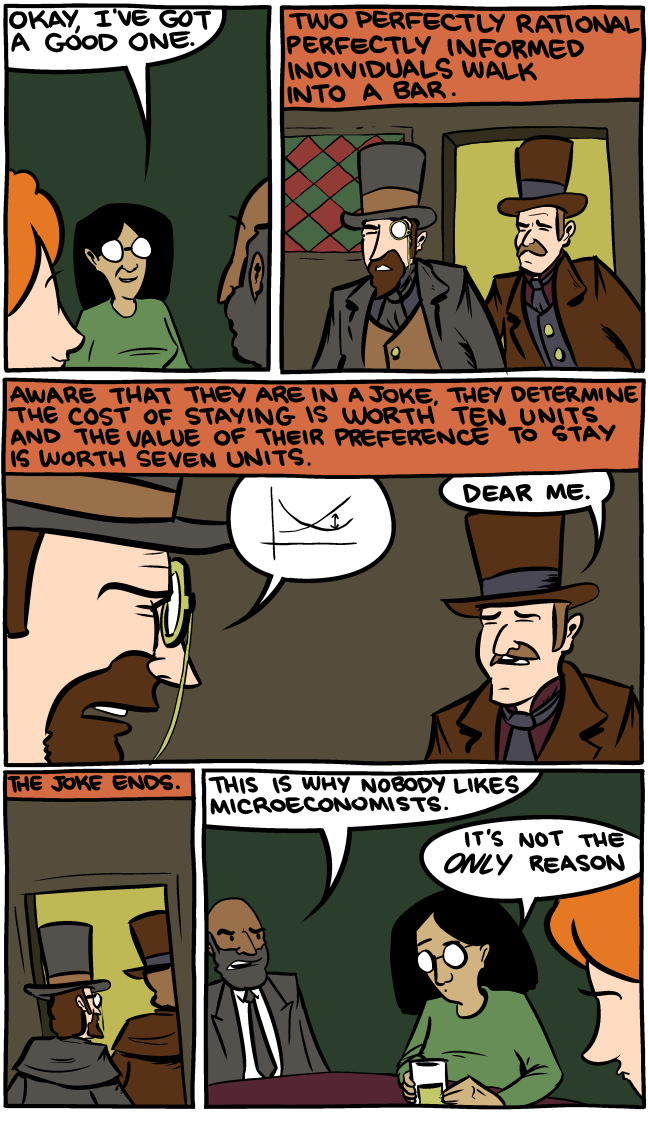A recent behavioral economics conference in Singapore catalyzed my thoughts on the relationship between trust and behavioral economics and its application for dialogue.
What is behavioral economics?

“Drawing on aspects of both psychology and economics, the operating assumption of behavioral economics is that cognitive biases often prevent people from making rational decisions, despite their best efforts. Behavioral economics eschews the broad tenets of standard economics, long taught as guiding principles in business schools, and examines the real decisions people make.”
– Harvard Business Review, The End of Rational Economics
Behavioral Game Theory
As opposed to traditional game theory, factors like beliefs and norms can play a role in behavioral games and affect how one would rationally make decisions.
What is a game?
As Wikipedia puts it: “A game must specify the following elements: the players of the game, the information and actions available to each player at each decision point, and the payoffs for each outcome.”
The interpersonal encounter is a good example. Imagine two persons have quarreled, the quarrel has not been resolved in peace, and both have walked away. These two persons are the players of the game. They know what has gone on (information), there are options on what to do next (actions), and there is value attached to the outcome of making each choice (payoffs).
What is different for behavioral games?
In our interpersonal encounters, we tend to scope the decision making of the other person before we make our choices. We hold out the hope or belief that the other person will very likely not maximize the force of his or her position after some time. For example, the transgressor might hope that the other person will not see the fault as strongly as he or she has after a week has passed. (Realistically, In a quarrel, it is often the case that both are transgressors and victims.)
The victim might hope that the transgressor has reflected and concluded that he or she has said extreme and hurtful words. And the former hopes that he or she might go on to think that more has to be considered. There is an interpersonal relationship on the line, and people should transcend self-preservation in human relationships. This line of thought can thus trigger social cooperation.

If both persons truly desire to be respectful and considerate of each other’s feelings, a spirit of forgiveness will prevail, they will reconcile, and their bond will be stronger than before (words from a Christian brother). If one of them does not truly desire to be respectful and considerate though, is this still a behavioral game?
Yes, simply because there are other forms of social cooperation. Let’s say that the transgressor has not reflected in that manner. But he or she has reflected that there must be rapprochement to preserve his or her social legitimacy, such as among a group of friends. So he or she moves to patch up. Even the victim might think that it is more practical to be gracious and hence “forgive”.
These can be presented through a matrix:
| Choices |
Neither A or B considers an ulterior motive by the other |
Only A does not consider an ulterior motive by B |
Only B does not consider an ulterior motive by A |
Both A and B consider an ulterior motive by the other |
| Neither A or B has an ulterior motive |
Payoff 1 |
Payoff 2 |
Payoff 3 |
Payoff 4 |
| A has an ulterior motive |
Payoff 5 |
Payoff 6 |
Payoff 7 |
Payoff 8 |
| B has an ulterior motive |
Payoff 9 |
Payoff 10 |
Payoff 11 |
Payoff 12 |
| Both A and B have ulterior motives |
Payoff 13 |
Payoff 14 |
Payoff 15 |
Payoff 16 |
Realistically, interpersonal encounters typically represent some form of Payoff 16. It is therefore important to study the notions of trust, reciprocity, and altruism to consider how they fit into our encounters. This might then help us understand how we dialogue.


